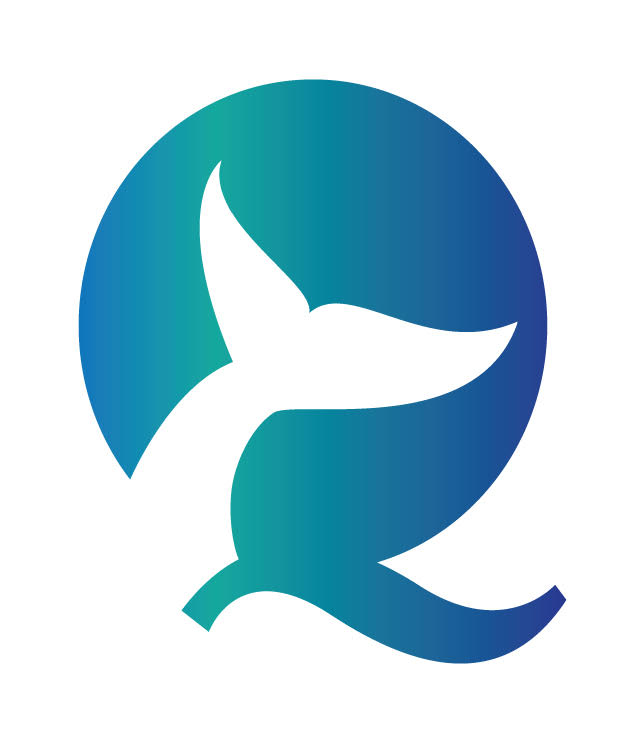Quantitative Aquatics Inc.

Description
Quantitative Aquatics is a non-stock, non-profit, non-governmental organization that supports the assembly and dissemination of key data on living aquatic resources through collaborations and partnerships with academic, conservation, and biodiversity research organizations.
It maintains and develops global aquatic biodiversity information systems FishBase, SeaLifeBase, AquaMaps, and supports the research conducted by the Sea Around Us.
These information systems are species-based and contain nomenclatural, biological, ecological, and geographical data. Data on growth, mortality, size at maturity, trophic ecology, and life history parameters both for fish and non-fish species from both FishBase and SeaLifeBase serve as critical inputs to ecosystem models such as OSMOSE and Ecopath with Ecosim. Species distribution maps for all ecosystems are generated through AquaMaps, the mapping component of FishBase and SeaLifeBase that models the distribution of species under both contemporary and future climate scenarios, based on species environmental tolerances and habitat suitability. Model outputs enable characterization, visualization, and analysis of potential climate change related effects in coastal and oceanic biodiversity.
As public goods, FishBase receives more than 900,000 visits monthly while SeaLifeBase receives more than 187,000 visits per month. FishBase has over 10,000 citations to date, and is in fact the most cited work in the aquatic sciences. AquaMaps contributes to many high-ranking peer reviewed papers, at least 15 in the last 5 years.
Q-quatics research projects are mostly funded by international research organizations, universities, museums, and philanthropic foundations. Moreover, our projects are usually in partnerships with the Sea Around Us of the University of British Columbia, GEOMAR Helmholtz Centre for Ocean Research, University of Western Australia, Aristotle University of Thessaloniki, Royal Museum for Central Africa, and WorldFish. We have a few projects with the national government but participate widely in interagency consultations and meetings.
A team composed of 7 biologists including GIS specialists, two programmers, and one communications specialist will work for this project. Members of this team have been involved in various projects with FishBase, SeaLifeBase, and AquaMaps that deal with the compilation and analyses of datasets and produced species maps for ecosystem-based approach to fisheries management.
Work Packages
Contact
Contact Name: Loida Corpus
Website: http://www.q-quatics.org/
Address
IRRI GS Khush Hall College
Los Baños
4031
Philippines